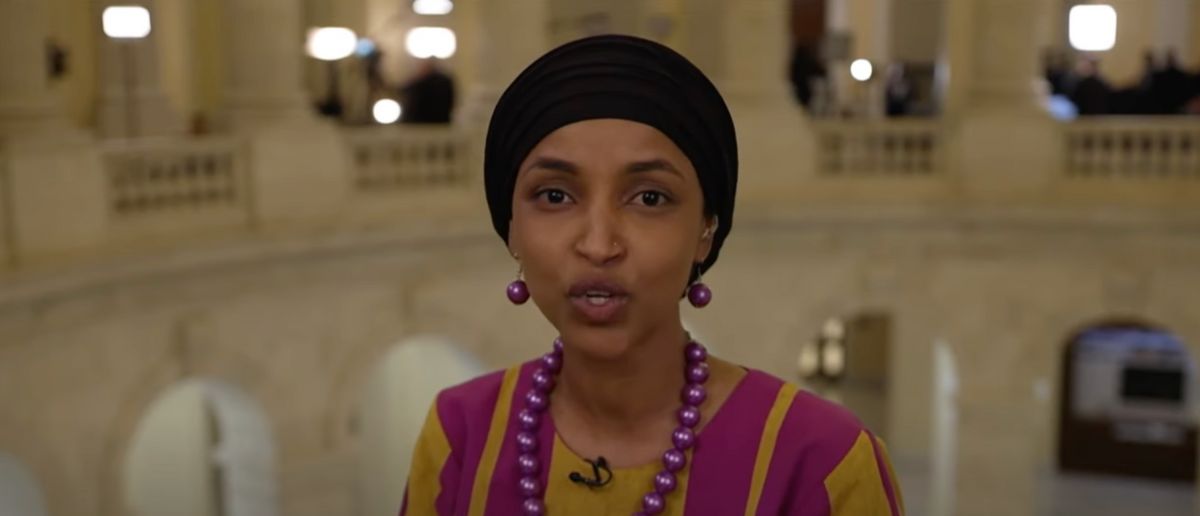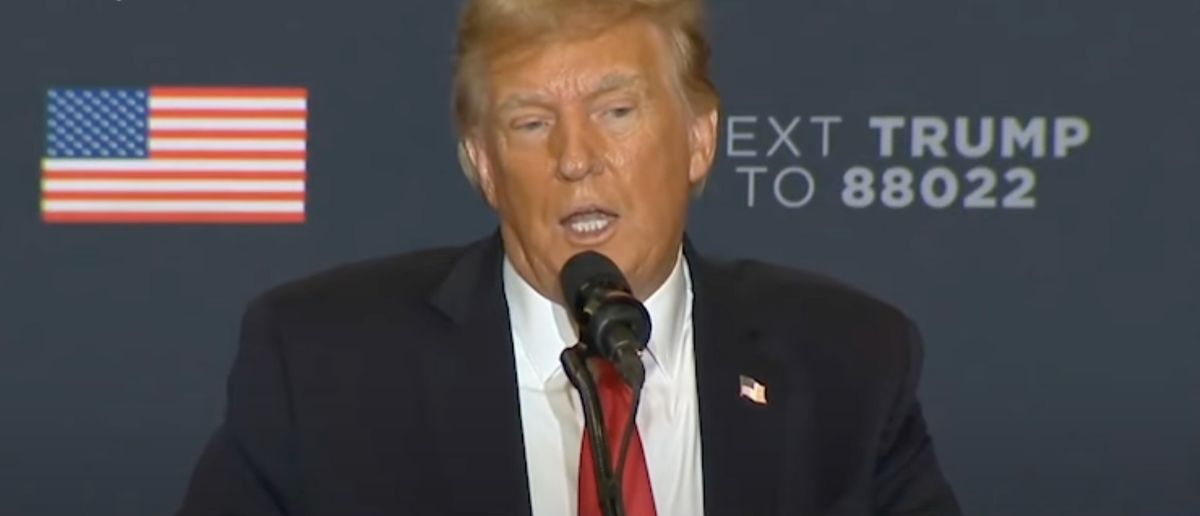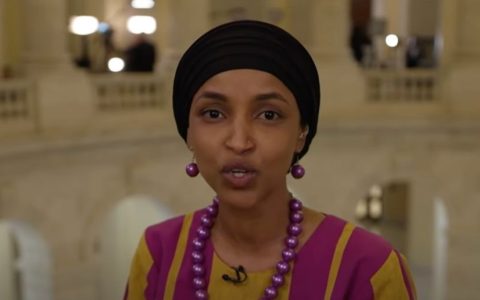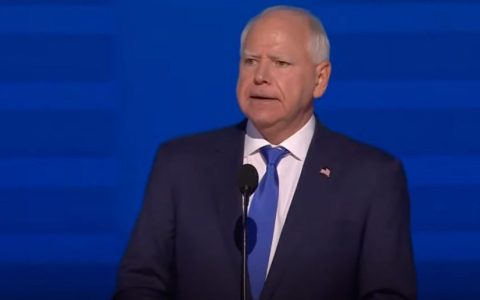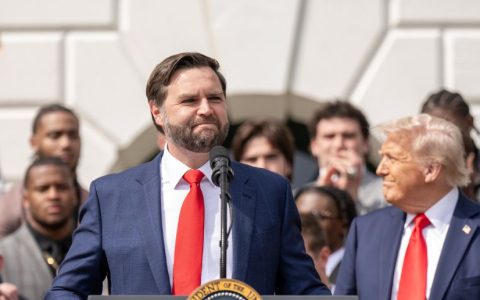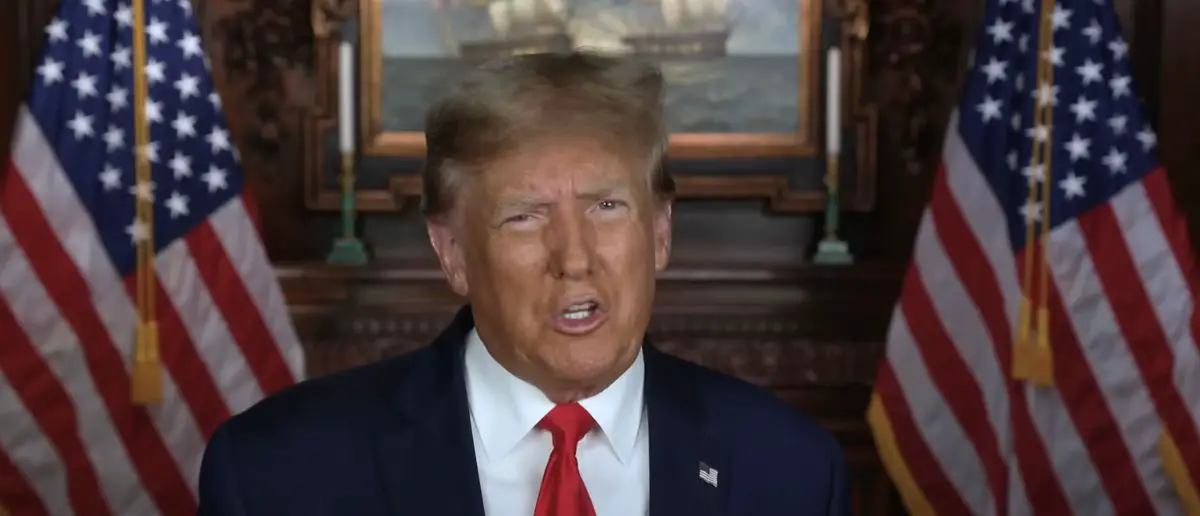
Trump just made a crucial decision. He’s waiting anxiously to hear the results.
Because Trump sent a key ally on a high-stakes mission that will change everything.
On the campaign trail, Donald Trump promised that he would seek the release of U.S. and Israeli hostages from the Hamas terrorists after the tragic October 7th attack in Israel at the hands of Hamas savages. He has said he wants to see the hostages released before he is inaugurated, saying on the campaign trail that he believes he can get this done before even stepping foot in the Oval Office for a second term in the White House.
Whether he’s being hyperbolic or not is besides the point. What we do know is that he is serious about this issue being at the top of his mind. This makes sense because in his first term, he made eliminating the threat of ISIS a top priority and even his Democrat critics were forced to give him credit for leading as the commander-in-chief in basically making ISIS irrelevant in the region for the near future. Now he’s planning major chess moves to seek a peace deal as soon as possible for the start of his second tenure.
Middle East Negotiations: Trump’s Envoy Discusses Hostage and Ceasefire Talks
Steve Witkoff, President-elect Donald Trump’s appointed Middle East envoy, announced on Tuesday that he was traveling to Qatar to engage in discussions regarding Gaza hostages and potential ceasefire agreements. These talks are to be held in collaboration with officials from the Biden administration. However, the prospects for a successful deal remain uncertain, given the opposing stances of key players in the region.
Israeli Prime Minister Benjamin Netanyahu has made it clear that he does not intend to bring an end to the ongoing conflict. On the other hand, Hamas insists that any agreement must result in a permanent ceasefire, a condition that has complicated the negotiation process. Despite these challenges, Witkoff remained optimistic about the progress being made.
“We’re making a lot of progress, and I don’t want to say too much because I think they’re doing a really good job back in Doha,” Witkoff, a real estate investor, stated at a press conference with Trump at Mar-a-Lago. His confidence in the negotiations reflects his belief that positive outcomes are on the horizon.
Steve Witkoff, newly appointed Special Envoy to the Middle East, speaks, President Trump promises “all hell will break out” if Hamas hostages not released before Inauguration pic.twitter.com/353mWbseT1
— RSBN 🇺🇸 (@RSBNetwork) January 7, 2025
Witkoff also expressed hope that by the time of President Trump’s inauguration on January 20, there would be significant developments to announce regarding the ongoing discussions. When questioned about the obstacles hindering a deal, Witkoff chose not to elaborate, emphasizing the need for optimism. “I believe we’ve been on the verge of [a deal]. I don’t want to discuss what’s delayed it — no point to be negative in any way,” he said.
Standing beside Witkoff, Trump reiterated his hardline stance on Hamas, warning of severe consequences if hostages are not returned by the time he takes office. “If those hostages aren’t back — if they’re not back by the time I get into office — all hell will break out in the Middle East and it will not be good for Hamas and it will not be good, frankly, for anyone. All hell will break out. I don’t have to say anymore, but that’s what it is and they should have been back a long time ago,” Trump declared.
The incoming president has consistently shown strong support for Israel, a stance that he emphasized once again. Reflecting on his previous term, he proudly stated, “I’m the best friend that Israel ever had.”
Recent reports suggest that Hamas has compiled a list of 34 hostages it is willing to release as part of the first phase of a ceasefire deal. In exchange, Hamas is seeking the release of Palestinian prisoners. However, sources from The Times of Israel note that the potential deal on the table would likely involve only a temporary six to seven-week ceasefire. Families of Israeli hostages are pushing for a more comprehensive resolution, calling for the full release of hostages and an end to the broader conflict.
During earlier rounds of negotiations, Netanyahu’s refusal to agree to a permanent truce, coupled with his insistence on additional demands, has hindered any meaningful progress. His actions have often sabotaged chances of reaching a lasting peace deal. As a result, the situation remains tense, and the possibility of a lasting ceasefire continues to be uncertain.
Those more sympathetic to the situation Netanyahu is in are arguing that it’s simply unfair to pin the blame on this war being dragged out on him as a sort of warmonger who just wants to level the whole region. Contributor to The Free Press, Batya Ungar-Sargon, argues that the simple fact is that the Hamas side of the equation is not being forced to come to grips with the fact that they aren’t going to get what they want. So Hamas is turning down any peace deal that Israel and its allies are proposing, of which there have been quite a few.
Batya Ungar-Sargon: “Definitely President Biden flip-flopping in his support for Israel in order to cater to 100,000 voters in Dearborn, Michigan, had a huge impact here and is conveying to Hamas that they are winning the war.”
— The Post Millennial (@TPostMillennial) April 14, 2024
As for Donald Trump’s relationship with Israel’s Benjamin Netanyahu, he recently shared in an interview with Time Magazine that he doesn’t trust “anyone” on the issue of the Middle Eastern conflict. When asked directly if he trusted Netanyahu, he responded “I don’t trust anybody.”
Clearly Donald Trump doesn’t really care to take “sides” in this equation, though his Democrat detractors try to paint Trump as a sort of “ultra” Israel supporter who doesn’t care about the bloodshed from the conflict on the side of innocent Paelstinians. On the contrary, Donald Trump has made it abundantly clear he wants to keep all options of a peace deal on the table and he’s not trusting anyone’s word right now. That’s the smart way to play it.
TIME: “Do you trust Netanyahu?”
TRUMP: “I don't trust anybody.” pic.twitter.com/wyJaRvI3BU
— Geiger Capital (@Geiger_Capital) December 12, 2024
Stay tuned to the DC Daily Journal.

